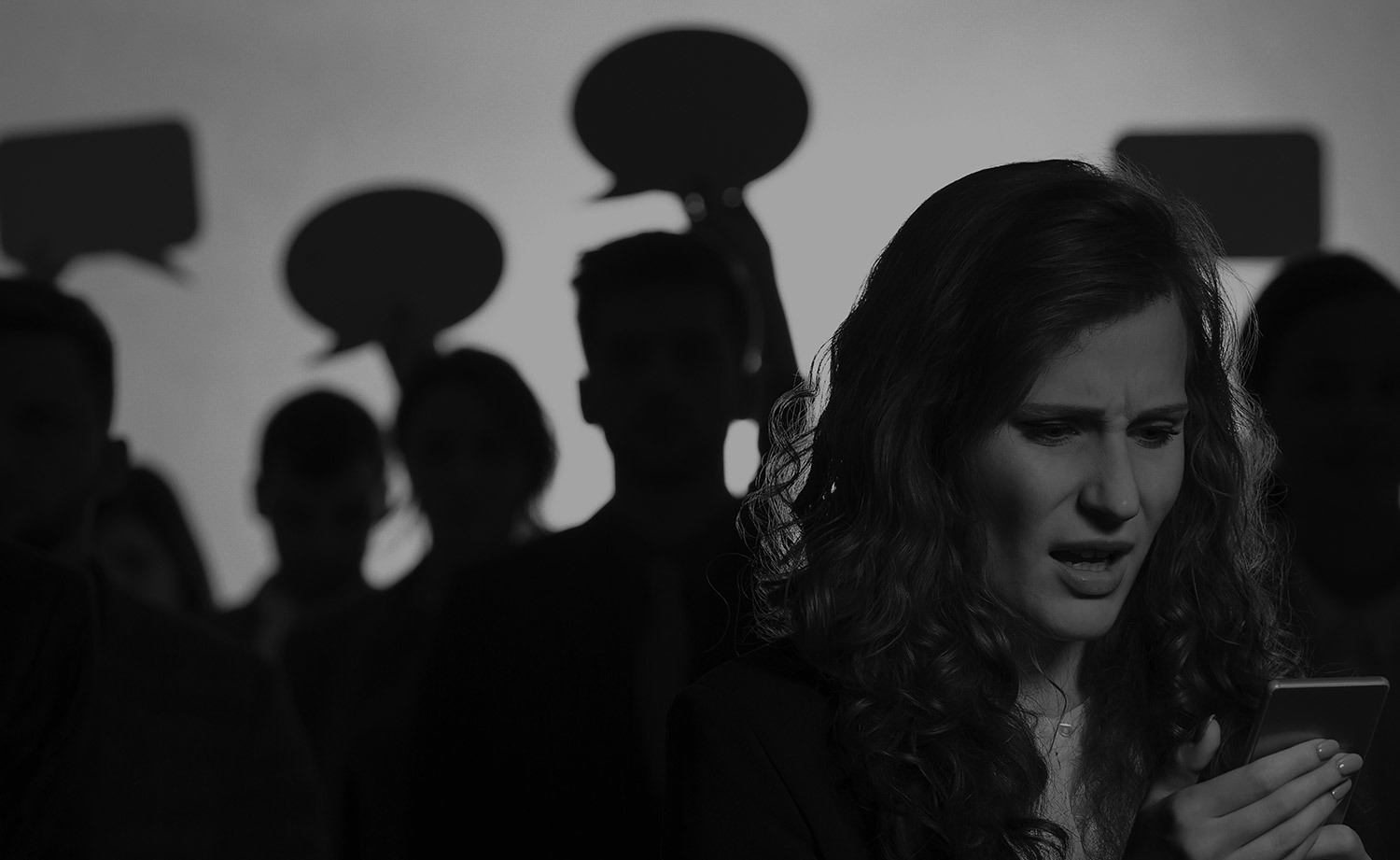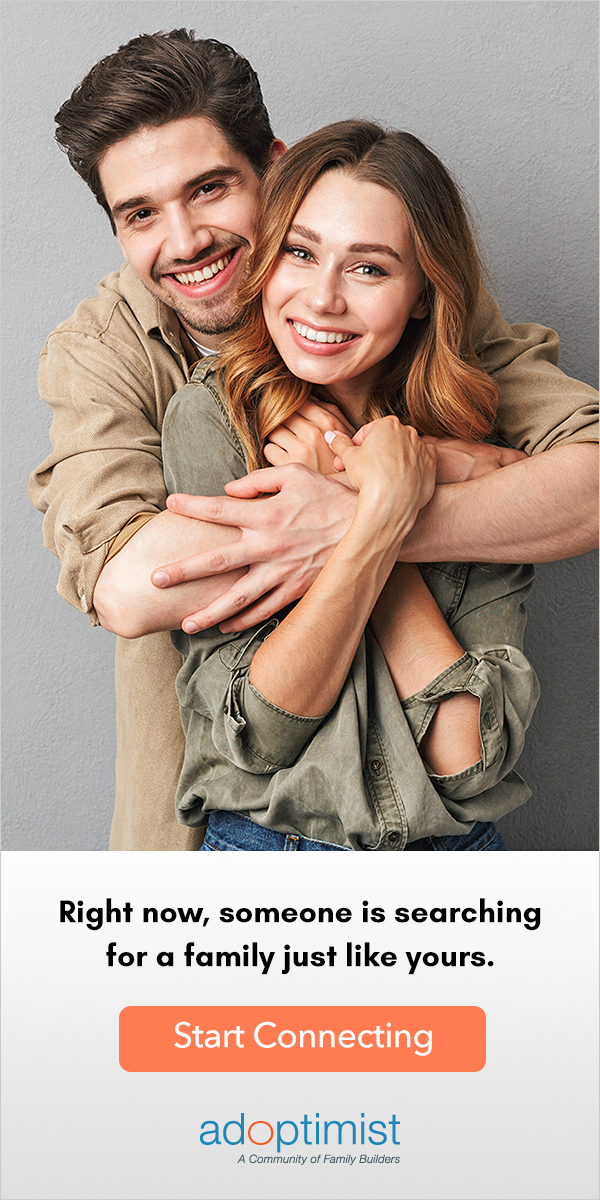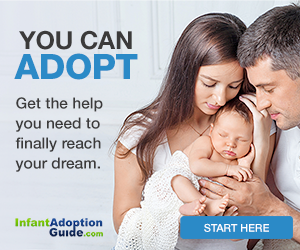Scammers & Anti-adoption Social Media Show Adoption Flaws

With the rise of the internet and social media, innovations are unavoidable. Still, many would not see the terms “adoption” and “Facebook” and perceive a connection between them. The connection exists, though, and while discussing and even facilitating adoption through Facebook has both positives and negatives, the injection of the social media giant into the adoption process has brought to light some dilemmas. There is a clear disparity between states’ adoption laws, as well as a glaring lack of federal adoption laws to regulate the process. Also highlighted is the internet’s own inadequate oversight of adoption debate and dealings.
According to a recent article in Wired magazine, the story of Erin and Justin, a New York couple whose names here are fictitious, demonstrates numerous problems and frustrations that arise when Facebook meets adoption proponents and opponents. Erin and Justin first took to the internet in search of a baby to adopt in 2017. They signed up with Adoptimist, an online service that connects birth mothers and prospective adoptive parents. They were met with sincere birth parents but also with a rising population of scammers. Many scammers have the obvious goal of making money off of unsuspecting couples wanting to adopt. However, many others are what Erin deems “emotional scammers” who are uninterested in money and simply aim to torment by raising and dashing hopes.
Erin and Justin were disheartened, but they tried a new plan: they created a Facebook page showcasing themselves as a couple who could not have children biologically but was thrilled with the possibility of expanding their family through adoption. Their strategy worked, and they eventually met a birth mother and adopted the woman’s baby girl. On their adoption journey, though, they discovered Facebook trolls who disparaged their quest and littered their page with crudeness, flinging foulmouthed names and insults at them. Erin and Justin were shocked, also, by the existence of anti-adoption Facebook groups.
These groups, including Wounded Adoptee, Changing the Adoption Narrative, and America’s Taken, are largely comprised of civil members who far outnumber trolls. They have various reasons for opposing adoption. Some members are adoptees who are searching fruitlessly for their birth parents. Some believe that adoption interferes with an ideal biological mother-child bond. Others feel betrayed by varied adoption laws and the foster system. One of these is Geri Pfeiffer, who had custody of her grandson for the first few years of his life, until a witness allegedly saw her forcefully swinging a purse at the four-year-old, knocking him to the ground, an event she denies. The boy was taken from her by child protective services and placed with various foster families. Following other alleged acts of violence, Pfeiffer’s parental rights were terminated. Her grandson was adopted by one of the foster families, and she has been mourning his loss ever since. Pfeiffer, who faces a number of illnesses, does not believe she will live to see the child turn eighteen, the age at which she can legally look for him.
Meanwhile, Erin and Justin faced their own obstacles involving the foster system. Their daughter’s birth mother approached them a few years later, asking if they would like to adopt the baby boy she was carrying. Unfortunately, she promised the child to another couple, as well. Both couples and the birth mother disputed custody of the boy, and the birth mother ended up keeping her son. Erin and Justin, who had custody of the boy for four months and grown to love him, were crushed.
These stories highlight the fact that with fifty states, there are fifty different sets of adoption laws, and the problems add up. Some states have higher rates of removing children than others, and some states name different circumstances under which removal is allowed. Not all adoptees in the US have legal access to their birth certificates. Child protective services tend to disadvantage poor families, whose financial hardships can translate into perceived neglect. Very few federal laws exist to regulate adoption and the process has yet to be unified under a single set of mandates. The list goes on and on.
Though it cannot be blamed for the flaws in the system, Facebook is one common thread that weaves through many such stories. Indeed, Adam Pertman, formerly of the now-shuttered Donaldson Adoption Institute, argues, “One thing that is true about adoption and the internet is that no one is paying attention. Whatever is happening is happening because it can, and it’s having enormous impact—some good, some bad, some unknowable—without any repercussions.” Some might argue that Facebook’s involvement threatens the virtue of adoption, exposing it to the whims and vulgarities that seem to be inherent in social media. The mix of adoption and Facebook can build families, uniting parents and children with joy; the mix can also leave these families heartbroken.

